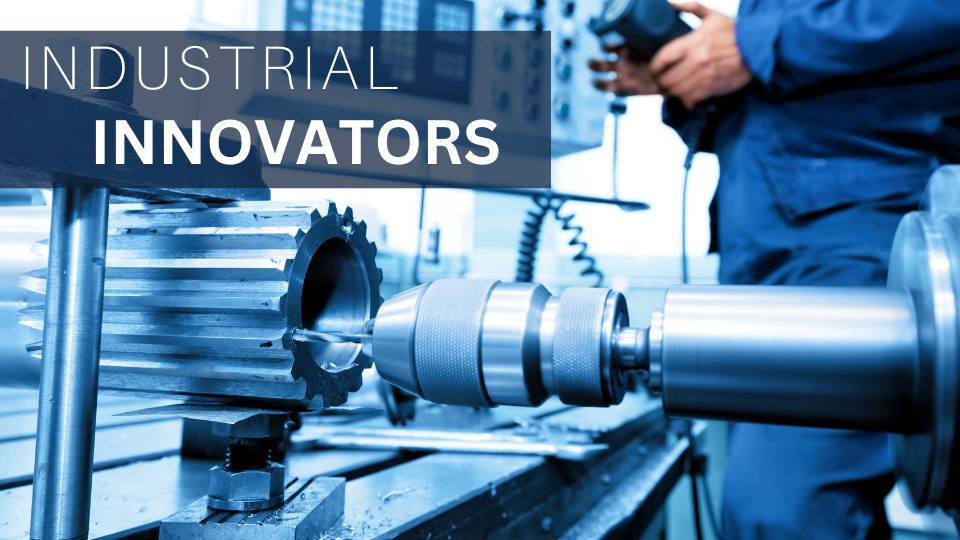In today’s rapidly changing world, it’s easy to overlook the importance of skilled trades like machining, CNC and conventional repair.
However, these trades play an essential role in many industries, from food production, to coal and chemicals, from construction, to aerospace and automotive manufacturing.
At Mouldagraph, we understand and value the contributions of our machinists and the importance of the trades they represent. We want to mention and celebrate three points that highlight the value of skilled trades, with a focus on the contributions of machinists.

Skilled Trades Are Essential to the Supply Chain
Skilled trades like machining are crucial to the supply chain of many industries. Without skilled machinists, it would be impossible to produce the precision parts and components that are necessary for many products. From custom prototypes to high-volume production runs, machinists use their expertise to create parts that meet exacting specifications. The work of machinists enables every other industries to function. In short, the skilled trades are a critical component of our economy.
Skilled Trades Offer Rewarding and Fulfilling Careers
For those who are interested in hands-on work and problem-solving, a career in the skilled trades can be incredibly rewarding. Machinists are skilled problem solvers who use their expertise to develop innovative solutions to complex challenges. They work with a wide range of materials, including metals, plastics, and composites, and use a variety of tools and techniques to shape and machine those materials. As a result, machinists have the opportunity to work on a diverse range of projects and learn new skills throughout their careers.
Skilled Trades Require a High Level of Expertise and Training
Skilled trades like machining require a high level of expertise and training. To become a skilled machinist, individuals must complete a rigorous apprenticeship program, which includes both classroom instruction and hands-on training. Apprenticeship programs can take several years to complete, but they provide a solid foundation of knowledge and skills that can be built upon throughout a career. In addition, machinists must stay up-to-date with the latest tools and techniques in their field, which requires ongoing training and education.
Conclusion
In conclusion, skilled trades like machining, CNC and conventional repair are essential to many industries, and machinists play a critical role in the success of those industries. They are problem solvers, innovators, and experts in their field. At Mouldagraph, we recognize and value the contributions of our machinists and the importance of the trades they represent. We encourage individuals who are interested in pursuing a rewarding and fulfilling career to consider the skilled trades and the opportunities they offer.
Consider Mouldagraph Corporation a great where you might put those skills to work by solving interesting problems for our clients and be able to continue to grow and develop your skills every day.
